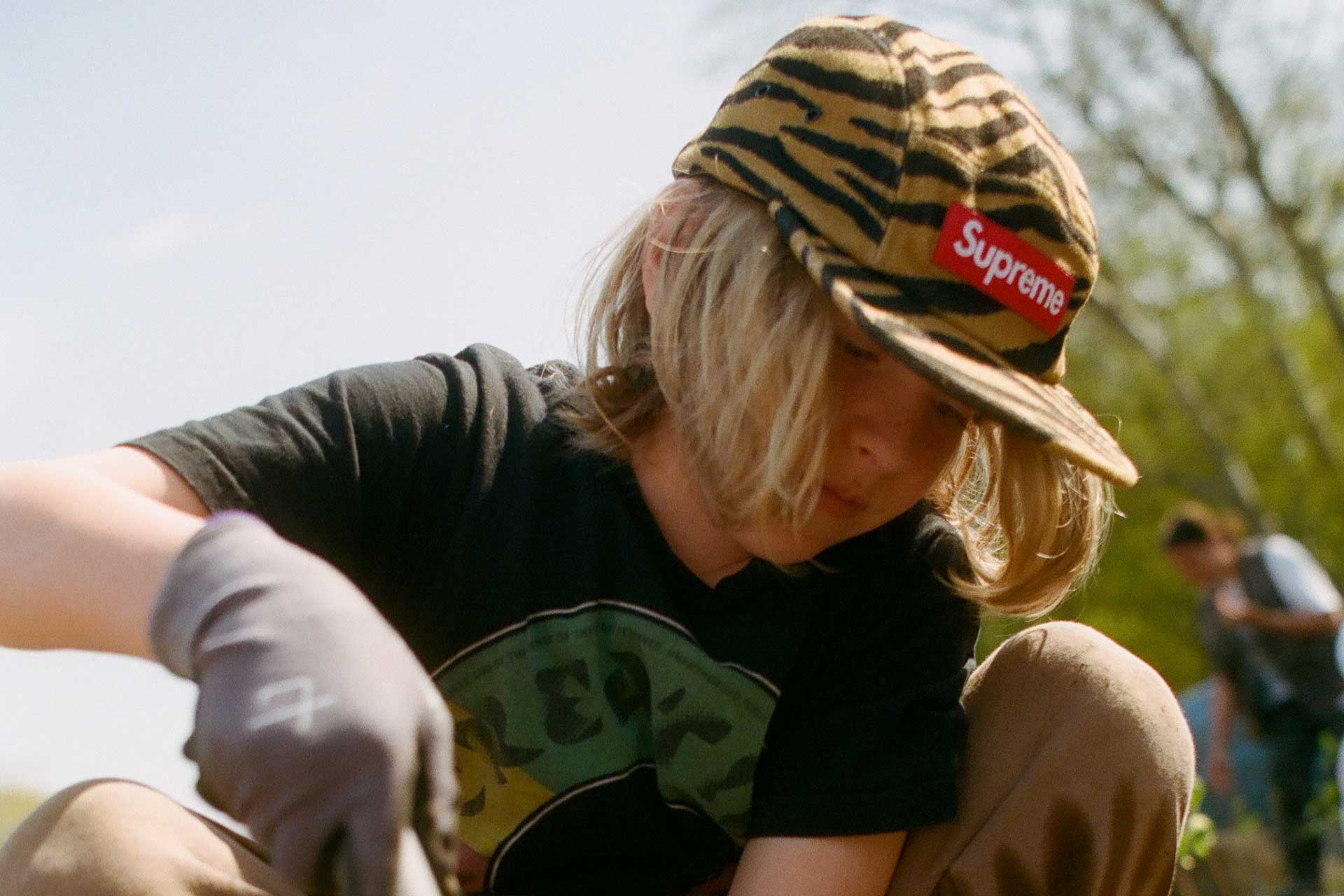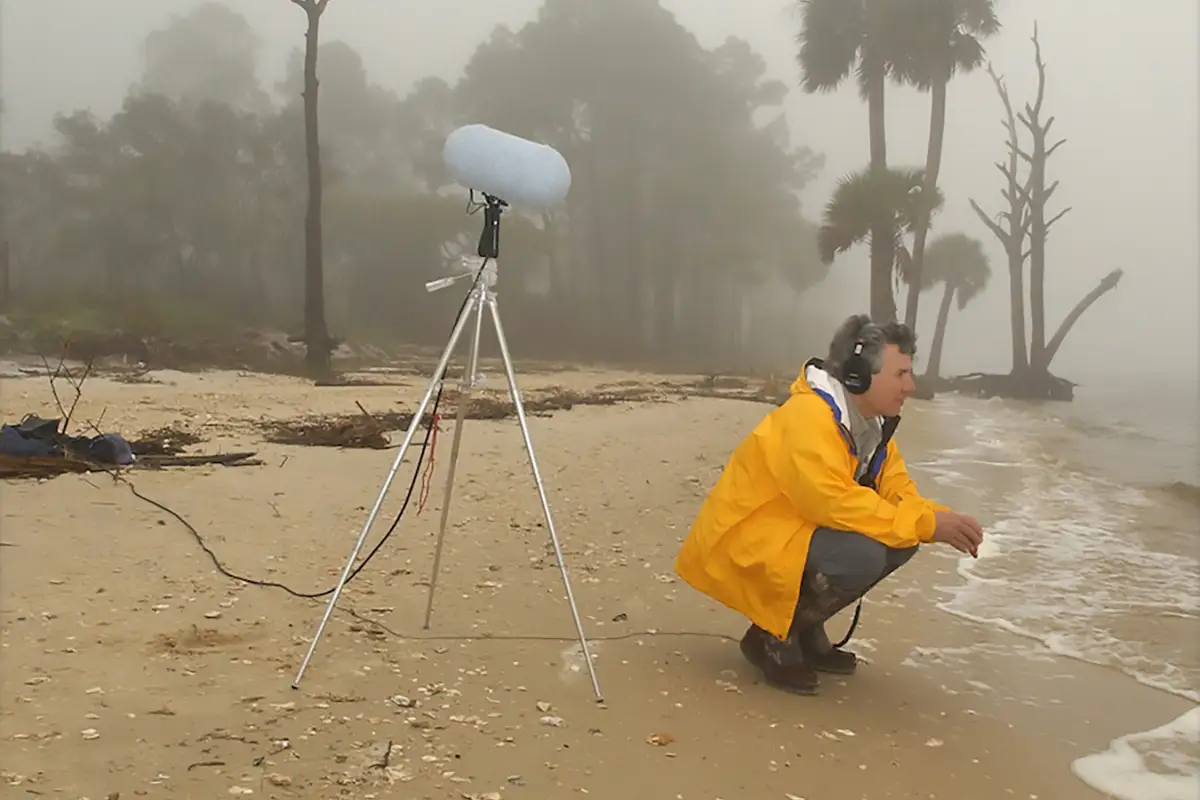Four steps to create a 100% organic and self-sustaining new forest: how the Lumiar School Project employs the Miyawaki Method in Wiltshire
Planting a forest and preserving native species through an educational platform
The Lumiar School Project is a new-born program, begun in February 2021. It is willing to reforest lands in Wiltshire, South-West of England, bringing the concepts of nature and rewilding closer to children. The main goals of the Lumiar School Project are various: the first one, is the creation of a new bee-friendly forest, restoring an area of 120 square meters to a wild, uncultivated state and reintroducing native plants and animal species. As a matter of fact, planting a forest helps in preserving native species and in regenerating the local biodiversity and ecosystem.
The Lumiar School Project aims at providing an educational platform for the local students. The supervisor of this project is the forest maker James Godfrey-Faussett, who has a background in biodynamic and organic processes. Through the involvement of schools in a so-called ‘outside classroom’, children learn the importance of bees and pollinating, feeling included in the process of reforestation.
The Lumiar School Project wants children to interact with nature, showing them it is possible to have an impact on the local environment. They are taught what biodiversity is, getting a connection with the land: they plant and help the soil to become suitable through the use of composting, and then they let it bloom on its own, creating a self-sustaining system. At the same time, the project is enhancing bee populations, creating a biodiverse environment where they can pollinate, feed themselves and widen.
The Miyawaki method at Lumiar School Forest
The method the Lumiar School Project is following is called ‘Miyawaki Method’, which allows to create a fast growing and dense forests, acting as nature would do autonomously. It is 100% organic, and it has 97% success rate for tree survival. It follows four natural and chemical free steps. The first step consists in identifying the trees to plant: they must be indigenous and native, so that they will-adapt to the local environment and to the soil. The second step entails the creation of a suitable soil, which takes, depending on the size of the project, nearly one week.
At this stage, the beneficial biology, the fungi and the fertility of the area are analyzed, in order to create a soil which will be self-sustaining at the end of the process. The third step sees the allocation of the trees, in a plan which maximizes the capital: three or four plants of thirty centimeters are put in an area of one square meter. In the fourth step, the soil is moulded and covered. From now on, the area is considered minimum maintenance, and the forest is left to flourish on its own. The trees which are planted are in a symbiotic relationship with the soil, with the fungi and microbiology of the area.
Plants are specifically chosen to interact with the surrounding nature
What is important for the Lumiar School Project, is that these plants are specifically chosen to interact with the surrounding nature: they provide food and forage not only for the bees, but also for the whole ecosystem living in the forest. A one line trees grown with the Miyawaki Method can provide as much food as one and a half acre of land.
The species of tree which are being planted in the area of Wiltshire are mainly the following: Goat Willow, Common Alder, Hazel, Hazel Kentish Cob, Cherry Plum, Blackthorn, Field Maple, Crab Apple, Bird Cherry, Wild Cherry, Black Poplar, Hawthorn, Rowan, Whitebeam, Holly, Small leaved Lime, Large leaved Lime, Wild Privet, Dogwood, Guelder Rose, Juniper, Spindle, Willow grey, Oak. The forest which is being created provides an ecosystem which will be home for wildlife, insects, organisms and fungi. For example, the Oak can be a shelter for over 500 pollinator species.
Lampoon reporting: Lumiar school forest’s bee-friendly project
Why is this project marked by such a bee-friendly influence? As Mr. Godfrey-Faussett explains, eighty percent of our crops depend on bees’ pollination and also the thirty percent of our food depends on them. The eighty percent of plants are pollinated by bees. A critical point must be considered: the more chemical is applied to the land, the more it affects bees.
«How Einstein said, if the bees disappear, we will disappear four years later, because we have no means to do what they do. Bee populations are diminishing rapidly and alarmingly. By creating a tiny forest of specific native trees that flower successionally, we can offer the bees an almost continual food source as well as their favored trees for winter hibernation. The children study and monitor the bees and the many other forms of biodiversity that Miyawaki forests make possible». The Lumiar School Project supports bees and applies a 100% natural method. The Lumiar School Project is part of a bigger plan, sponsored by SUGi, a biodiversity builder. SUGi is composed of forest makers and ocean gardeners, whose job is restoring biodiversity and regenerating ecosystems.
SUGi is funded also via Brand Partnerships
They raise funding for the forests through different means, for example through the SUGi app, where an individual can directly contribute to a specific forest via the App or support the SUGi via a monthly subscription. SUGi is funded also via Brand Partnerships. All the money collected goes towards promoting and undertaking other similar projects around the world. SUGi is present with four projects in the United Kingdom: the Lumiar School, the Tufnell Park School Forest, the Koswik Law and the Forest of Thanks.
SUGi is present also in several other countries, such as the United States, Japan, Lebanon, France, Romania, India, Brazil, Australia, Kenya, Chile, Belgium, Cameroon, and Pakistan. SUGi and its work are spreading quickly thanks to the network of forest makers which SUGi created during the last months and thanks to SUGi’s willingness to collaborate in something concrete and long-lasting. Recently, in June, SUGi became an official ‘Supporting Partner’ of the UN Decade of Ecosystem restoration, due to its role as ecosystem implementer.
James Godfrey-Faussett
Is the Lead Forest Maker & Project Manager of the Lumiar School Project. He is a forest maker with 26 years of horticultural, landscaping, and garden design experience. His specialty is the integration of organic and biodynamic methods, and mastery of the Miyawaki Method.




















